The Hydra Project – Maja Smrekar < Hu.M.C.C. >
At Corner College, Kochstrasse 1, Zurich (CH) August 25-30, 2015
An installation and work in progress curated by Boris Magrini as part of Hackteria’s The Hydra Project.
Opening and Public Talk: Thursday, August 27, 6 pm
Official opening of the exhibition followed by a public talk with the participation of Maja Smrekar (SI) artist, Jens Hauser ( DE/DK/FR) curator, art and media studies scholar and Sven Panke (DE), Professor at the Department of Biosystems Science and Engineering, ETHZ.
Where to find us? See Corner College
See more about The Hydra Project: Public Talk with Jens Hauser, Sven Panke, Maja Smrekar.
Exhibition, August 25 – 30, 14 – 20 pm
Slovenian artist Maja Smrekar will present her work Hu.M.C.C. (Human Molecular Colonization Capacity) from August 25 to 30. The work consists of the presentation of a nutriment, the Maya YogHurt, which was produced in a laboratory by creating a new genetically modified microorganism containing the artist’s enzyme. It is a very provocative work, questioning the industrial food chain and its sustainability while also raising ethical questions about the future possibilities for nutrition offered by biotechnologies.
Learn more about Maya YogHurt.
Workshop: Saturday, August 29, 4 pm
Open workshop with Maja Smrekar.
The artist will offer a workshop, presenting and sharing her artistic research and allowing the public to experiment with the Maya YogHurt!
See more about The Hydra Project: Hu.M.C.C. Maya YogHurt. Open Workshop with Maja Smrekar.
The Hydra Reader #1
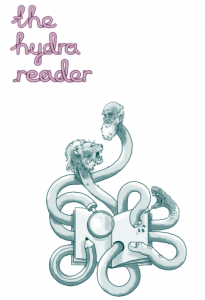 The Hydra Reader #1 is published on the occasion of the intervention by Maja Smrekar at Corner College, Zurich (CH).
The Hydra Reader #1 is published on the occasion of the intervention by Maja Smrekar at Corner College, Zurich (CH).
Download The Hydra Reader #1.
Background of Hydra Project
The Hydra Project is an initiative of Hackteria, which aims to foster artistic and literary ventures in addition to the association’s main mission of promoting knowledge sharing and citizen’s science. The hydra is a mythological creature, a hybrid, a polychephalous monster and antagonist to fictional heroes seeking glory and fortune. It is also the name of a small organism, a water animal with the ability to indefinitely regenerate its cells and tissues, hence being virtually immortal and therefore a fascinating subject for biologists and researchers. The crossbreed form of the hydra is a metaphor for the merging of art and science that characterizes the activities of the Hackteria platform while signifying a multiplicity of interventions across a variety of disciplines. The project aims to support and present artists working with biotechnologies in collaboration with cultural institutions in Switzerland and worldwide, presenting their work to a wider public. Furthermore, it seeks to foster exchanges and encounters between artists, curators, critics and researchers of trans-disciplinary fields and with a larger public.
During a Hydra Project, one or more artists are invited to stage an intervention within the space of the partner institution or at an alternative location in the city. The artists are selected on the basis of their personal and creative use of biotechnologies, DIY/DIWO tools and hacking strategies and they are encouraged to develop new projects and partnerships. At Corner College in Zurich, Slovenian artist Maja Smrekar will present her work Hu.M.C.C. (Human Molecular Colonization Capacity) from August 25 to 30. The work consists of the presentation of a nutriment, the Maya YogHurt, which was produced in a laboratory by creating a new genetically modified microorganism containing the artist’s enzyme. It is a very provocative work, questioning the industrial food chain and its sustainability while also raising ethical questions about the future possibilities for nutrition offered by biotechnologies.
Biographies of participants
Maja Smrekar lives and works in Ljubljana, Slovenia. In 2005 she graduated at the Sculpture Department of Fine Art Academy in Ljubljana. She has been collaborating with Kapelica Gallery and with Aksioma Institute in Ljubljana. During the last few years, she developed projects within the field of bioart with focus on living organisms. In 2010 she organised the International Festival HAIP10/New Nature at the Multimedia Centre Cyberpipe in Ljubljana, where she was the artistic director for two years. She has been awarded at the Cynetart festival 2012 by the European Centre for Arts Hellerau (Dresden/Germany) with the 1st prize, at the Ars Electronica festival 2013 (Linz/Austria) with a Honorary mention. In 2013, she won the Golden Bird Award, the national award for special achivements in the field of visual art by the Liberal Academy, Association for Political Democracy and Liberalism Research in Ljubljana for her project Hu.M.C.C.
Jens Hauser is a Copenhagen and Paris based media studies scholar and art curator focusing on the interactions between art and technology. He holds a dual research position at both the Department of Arts and Cultural Studies and at the Medical Museion at the University of Copenhagen, and is a distinguished affiliated faculty member of the Department of Art, Art History and Design at Michigan State University. His curated exhibitions include L’Art Biotech (Nantes, 2003), Still, Living (Perth, 2007), sk-interfaces (Liverpool, 2008/Luxembourg, 2009), the Article Biennale (Stavanger, 2008), Transbiotics (Riga 2010), Fingerprints… (Berlin, 2011/Munich/2012) Synth-ethic (Vienna, 2011), assemble | standard | minimal (Berlin, 2015) and SO3 (Belfort, 2015).
Sven Panke is a Professor of Bioprocess Engineering at the ETH Zurich. After his PhD, also at ETHZ, he worked for two years in the biocatalysis group of the Dutch chemical company DSM (Geleen, The Netherlands). He returned to ETHZ in 2001 as an Assistant Professor. Received tenure in 2007, and then moved to the newly founded Department of Biosystems Science and Engineering in Basel. His main research topics include integrated reaction-separation systems, high-throughput screening, and synthetic biology. His work was awarded with the ETH Medal and the DSM Research Award.
Sven Panke is invited by Biofaction KG, part of the European Metacode project. The concept of the four year long European FP7 METACODE project is to implement engineering in biological systems. To achieve this, the genetic code is altered and non-canonical/non-natural amino acids are introduced to living systems. As a proof of concept, applications like novel antibiotics and industrial enzymes are envisioned. As part of Metacode, Vienna-based Biofaction KG analyses biosafety risks, looks into the governance and regulatory context, and explores ethical and philosophical questions around new-to-nature organisms.
Thanks to: Corner College, Biofaction KG, Migros-Kulturprozent
Kochstrasse 1, CH-8004 Zürich
Contact: Boris Magrini; +41 76 571 24 27; borismagrini@yahoo.fr











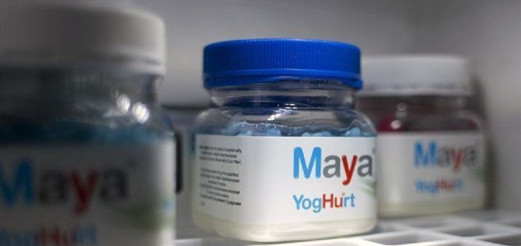
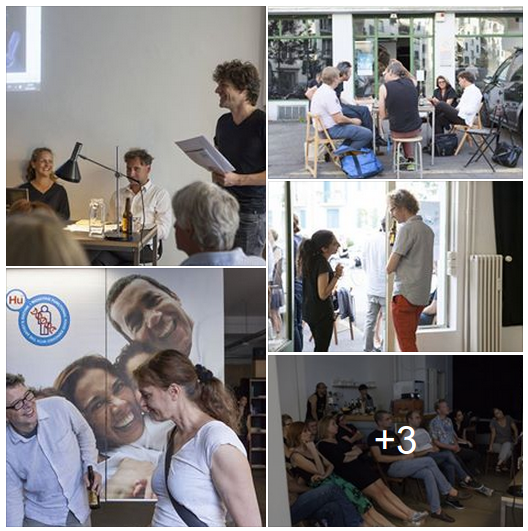
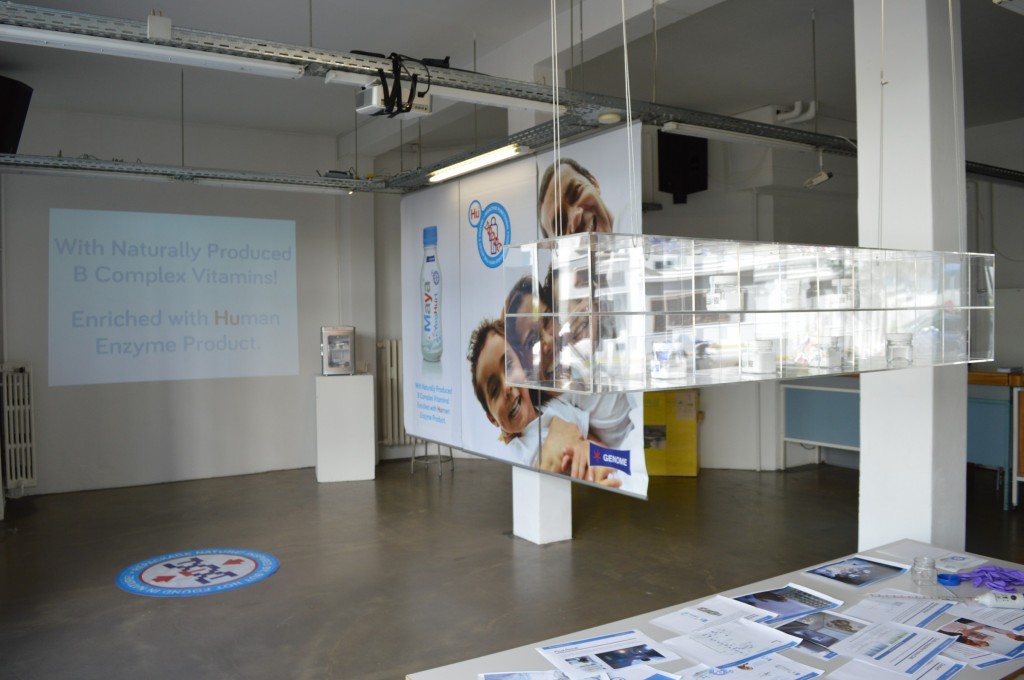
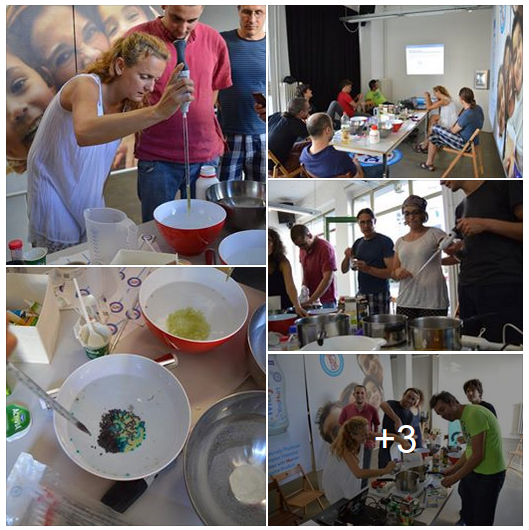



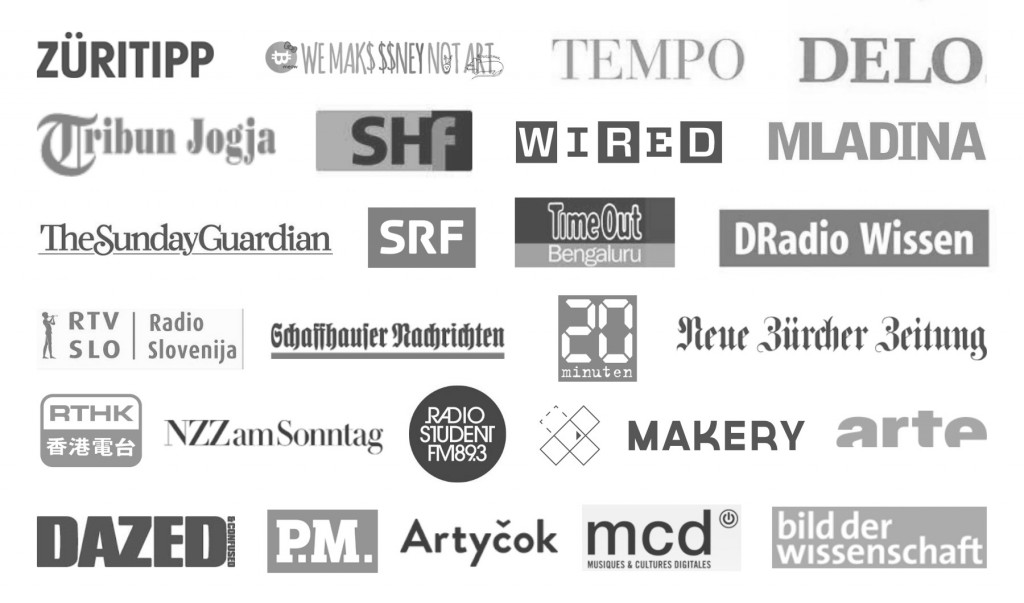
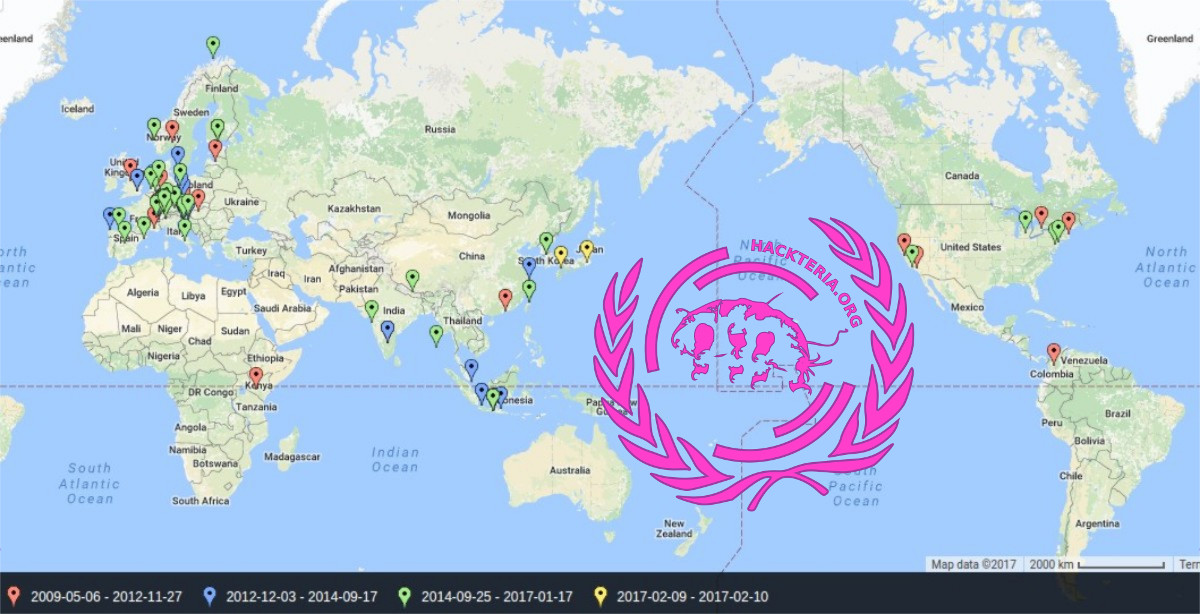

It‘s quite in here! Why not leave a response?